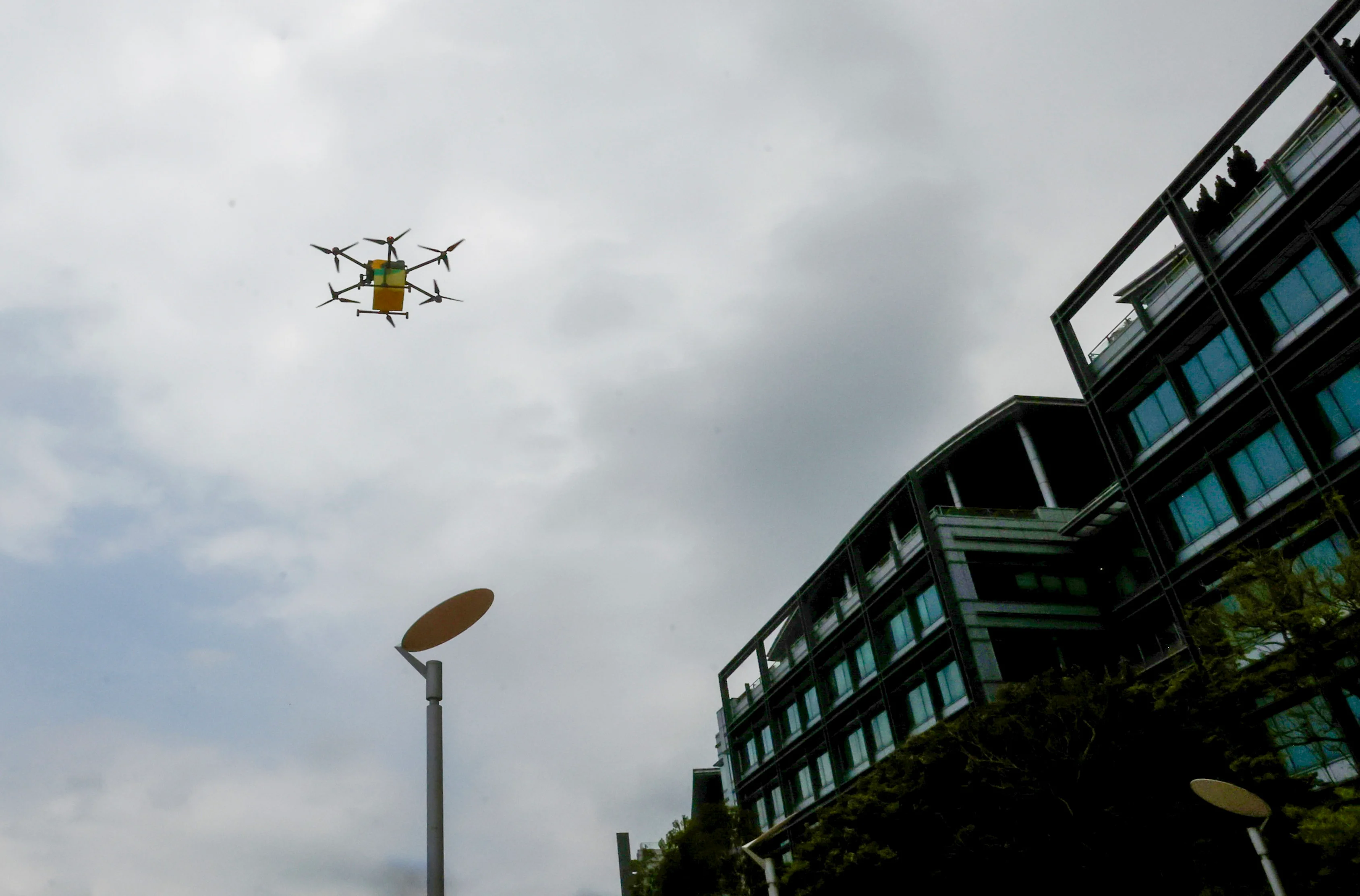By Harvey Kong
Copyright scmp

Hong Kong will roll out an action plan next year to develop its low-altitude economy, and passenger drone trials could begin once approved by the civil aviation chief, the deputy financial secretary has said.
Deputy Financial Secretary Michael Wong Wai-lun announced the plan at the International Low-Altitude Economy Summit on Thursday, while lawmaker Elizabeth Quat Pei-fan said after the event that a key challenge for the sector was turning projects from the government’s regulatory sandbox into viable commercial ventures.
The summit, held at Polytechnic University, brought together more than 1,000 industry representatives and experts to explore various aspects of the low-altitude economy.
The term refers to economic activities in airspace below 1,000 metres (3,281 feet), including goods delivered by drones and passenger flights using electric vertical take-off and landing aircraft.
“We hope to test some unmanned aerial vehicles that could carry people,” Wong said.
He said individual tests could begin once the director-general of civil aviation deemed them appropriate.
Wong said the initiative would fall under the government’s new “Regulatory Sandbox X” pilot scheme, which covers projects that are more complex or demand significant infrastructure, such as cross-border routes.
The government had launched 38 sandbox projects in March to promote drone delivery and emergency services. Of these, 17 are under way and another 11 are expected to begin by the end of October, he said.
A sandbox is a space where software or new technology can be tried out in a pilot scheme or test environment.
As head of the government’s working group on the low‑altitude economy, Wong said the action plan would be introduced next year to drive the sector’s development.
The plan, first outlined by Chief Executive John Lee Ka-chiu in his policy address, aims to advance the city’s goal of becoming a hub for low‑altitude applications.
Meanwhile, Quat said there were areas where further government support could help the sector grow. One priority, she said, was ensuring that projects developed in the sandbox could be successfully commercialised.
“In the future, we hope that for each application of drones, the government would release guidelines for commercial operations as soon as possible, so everyone has a path they can follow or know how they can make money,” she said.
Quat, the founding president of the Greater Bay Area Low Altitude Economy Alliance, which co-organised the summit, also called for the introduction of test routes for cross‑border logistics.
This could open the city up to more economic benefits and business opportunities if the sector takes off, she said.
Quat said she hoped the relevant authorities and the industry would work together to develop proposals for the central government so that cross-border drone routes would be approved.